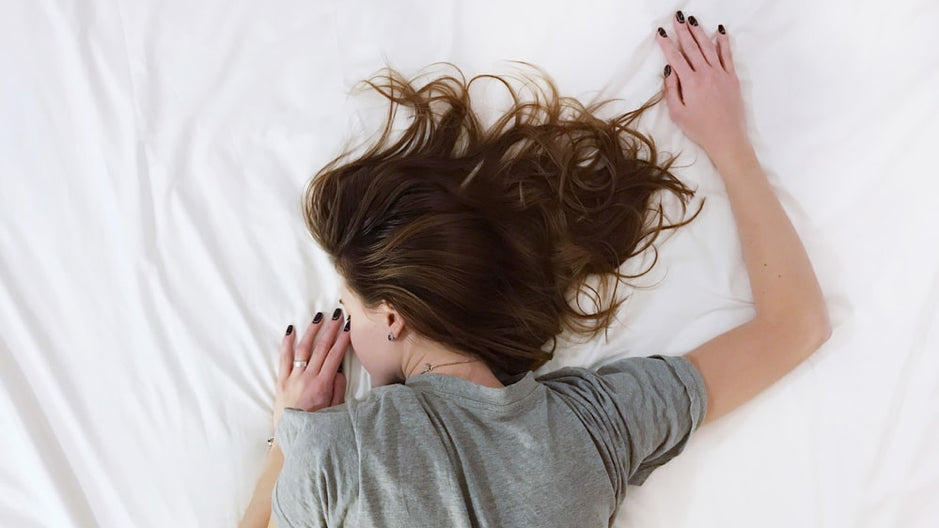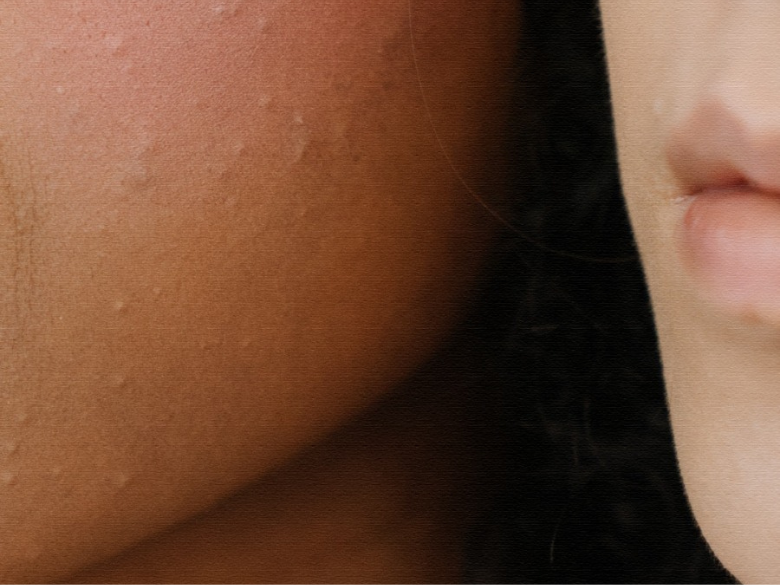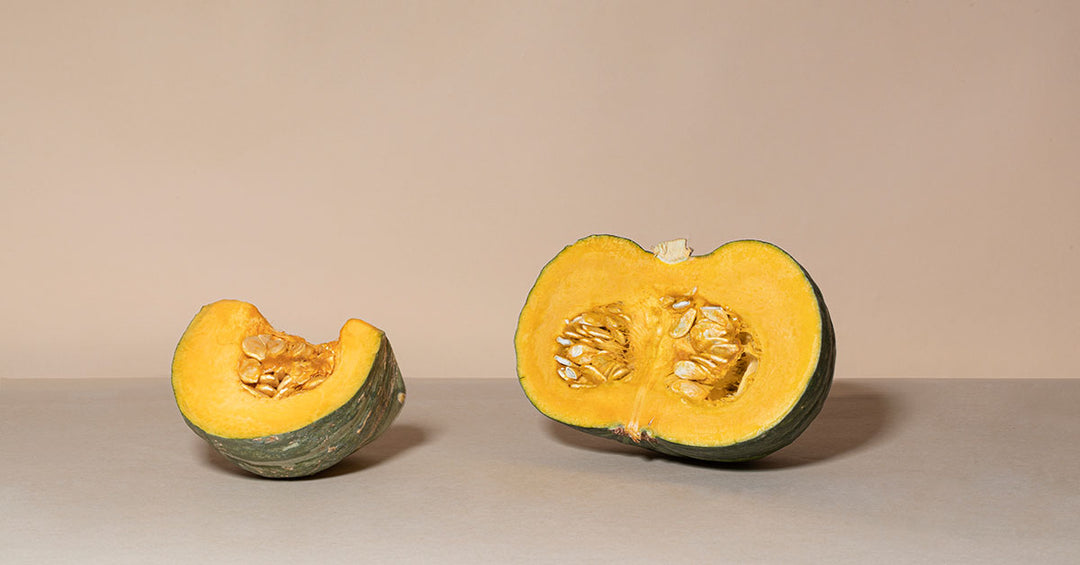We’re all religious believers of ‘beauty sleep’ I’m sure, but just what is the science behind this regime?
Sleep quality refers to the amount of sleep an individual gets on average a night. Less than 5 hours of sleep is categorised as bad sleep, and 7-9 hours is categorised as good sleep. In one observational study of women aged 39 to 40, the rate of skin ageing and skin barrier function were measured against the amount of sleep they were getting. Turns out, those that were sleeping less were associated with more accelerated extrinsic skin ageing and less effective barrier skin function. Good quality sleep is associated with not only more efficient recovery from UV skin damage, but also better self-perception of one’s overall appearance.
Role of sleep in reparation
When we sleep our entire body goes into repair mode, and the skin is no exception to this, replacing old cells with new ones as soon as we shut our eyes. Not getting enough sleep causes the release of cortisol, the stress hormone, which on top of breaking down collagen, a protein responsible for keeping skin smooth and elastic; is also likely to cause acne breakouts and skin conditions like eczema. When we sleep, our body also delivers fluids to organs that need replenishing, which removes excess fluids from other areas. When we don’t get enough sleep, fluid accumulates under the eyes and causes the most notorious symptom of stress – dark circles. When we skip out on a good nights sleep, we also lose out on the antioxidants produced naturally by the body during sleep, making us more vulnerable to oxidation damage as a whole. These are all factors that lead to signs of premature aging. Which is why our Restore Eye Serum is jam packed with amazing plant antioxidants like mushroom and rosehip that can negate puffiness, cancel out dryness, and altogether firm up the skin area around your eyes.
Sleep as a confidence booster
Our sleeping patters also have an indirect correlation with our mental health and anxiety. Good sleepers are said to have a better perception of themselves as compared to bad sleepers. Getting a good rest the night before a big meeting helps you take on the day fresh and confident, as both the body and the mind have had enough time to recharge and replenish. Sleep is essential to mental health stability, and shouldn’t be so easily sacrificed in the face of work or commitment. So get some rest!
How long are you sleeping every night? Are you guilty of scrolling through Instagram until you have to start and do the math of how long you will be able to sleep until you have to wake up? If thats you, its time to take some time and prfioritize your sleep! Your skin will thank you for it.
Sources:
- Oyetakin White, P., Suggs, A., Koo, B., Matsui, M. S., Yarosh, D., Cooper, K. D., & Baron, E. D. (2015, September 17). Does poor sleep quality affect skin ageing? Retrieved from http://web.a.ebscohost.com.lib.ezproxy.ust.hk/ehost/detail/detail?vid=12&sid=2cba98c3-ab17-40ac-91c8-fdc88a589d62@sessionmgr4008&bdata=#AN=25266053&db=cmedm
- Kittaneh, M. (2017, January 17). The Impact of Sleep on Your Skin. Retrieved from https://www.huffpost.com/entry/the-impact-of-sleep-on-your-skin_b_587e57aee4b0b39899c71db8
- University Hospitals Case Medical Center. (2013, July 23). Sleep deprivation linked to aging skin, study suggests. ScienceDaily. Retrieved August 12, 2019 from www.sciencedaily.com/releases/2013/07/130723155002.htm





